In this era that's heavily reliant on the Internet as the main source of information, we sometimes forget about the power of hardbound books. For instance, when learning about how to successfully close business deals, a mergers and acquisitions book can still be your perfect guide. Know about some of the suggested books about mergers and acquisitions below.
How does mergers and acquisitions work in Canada?
Mergers and acquisitions (M&A) are transactions where two businesses combine their assets and operations to form a single, yet stronger, new business. It’s a multi-stage transaction aimed at:
- on the side of the buyer or acquiring company: expanding their business or acquiring competitors
- on the side of the seller or acquired company: saving their existing company and continuing operations
As simple as it sounds, there are many laws and regulations that affect the completion of a successful M&A.
Here’s a video that briefly explains how M&As work and how to start the process:
If you need legal help with the M&A process in your company or business, you can take your pick from this directory of the best M&A lawyers in Canada as ranked by Lexpert.
What are some of the most recommended mergers and acquisitions books in Canada?
There are many books about mergers and acquisitions that you can grab if you want to know more about these deals or if your business is undergoing one. These books can guide you through the process and identify some problems that you may want to prevent along the way.
When reading these mergers and acquisitions books, rest assured that it’s a reliable source of good information. Authored by the industry’s notable people, these books are based on scholarly analysis and real-life deals that have set the precedence for what to do and what not to do in M&A deals.
In no particular order, here are some of the best mergers and acquisitions books to guide you:
- Negotiation and Decision Making in Mergers and Acquisitions: Intercultural Due Diligence (Iulian Warter)
- The Art of M&A: A Merger, Acquisition, and Buyout Guide (Alexandra Reed Lajoux)
- The Essentials of M&A Due Diligence (Peter Howson)
- Things I Wish I Knew Before I Sold to Private Equity (Jason Hendren)
- Winning at the Acquisition Game: Tools, Templates, and Best Practices Across the M&A Process (Timothy J. Galpin)
- The Merger & Acquisition Leader's Playbook (George B. Bradt, Jeffrey P. Pritchett)
- Canadian Competition Law and Policy (John S. Tyhurst)
- Corporate Acquisitions and Mergers in Canada (Vivian Poon, Kelli Patel)
- Mergers, Acquisitions and Other Changes of Corporate Control (Christopher C. Nicholls)
- Mergers and Acquisitions from A to Z (Andrew J. Sherman)
- Private M&A in Canada: Transactions and Litigation (Fasken LLP)
- Corporate Finance (Jonathan Berk, Peter DeMarzo)
- Corporate Valuation: A Practical Approach with Case Studies (Benedicto Kulwizira Lukanima)
- Financial Analysis of Mergers and Acquisitions (Eli Amir, Marco Ghitti)
- Financial Valuation: Applications and Models (James R. Hitchner)
Note that the lists of books below are not exclusive. If you want alternatives and more books to read, you can also reach out to an M&A lawyer in Canada for their most recommended ones.
We’ll discuss these books below.
Practical books about M&As
While the other books discuss the whole process of M&As, there are books about M&As that focus on one part of it, such as its preparatory stages. These books stray from discussing the rigid laws that apply to M&As, but talk about the practical side of the transaction, especially the how’s and what’s.
Below are just some of the best practical books about M&As that you can refer to:
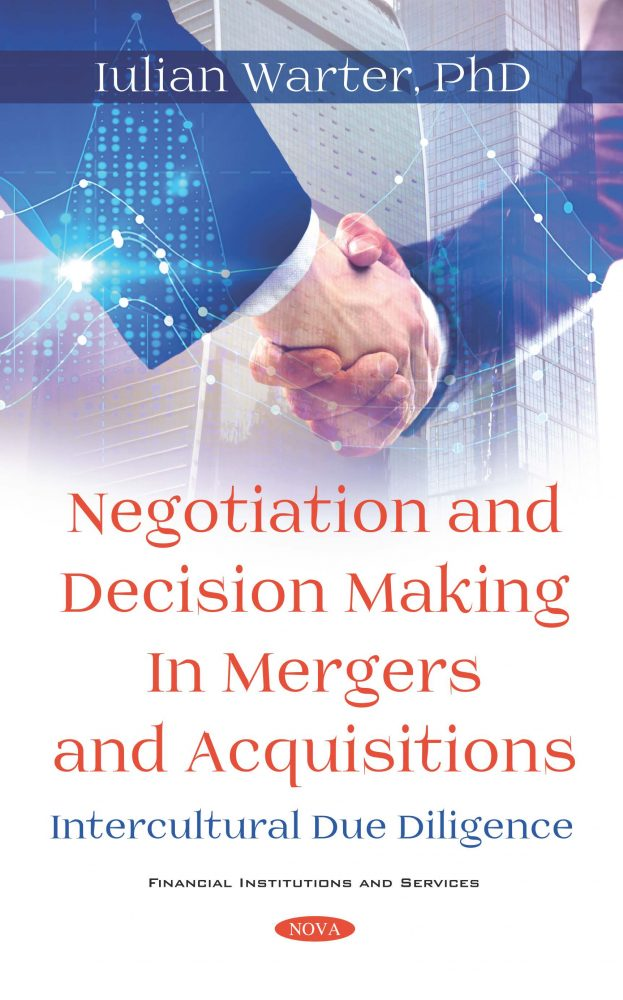
Negotiation and Decision Making in Mergers and Acquisitions: Intercultural Due Diligence (Iulian Warter)
This 2019 book focuses on the early stages of an M&A, including the negotiation stage, and decision and intercultural due diligence. More so, it discusses the cultural issues related to these stages, whether it be the national, organizational, or professional cultures.
By understanding these cultural differences, M&As become more effective. These include cross-border M&As and those that involve multi-national corporations. At the end of this book, readers would be able to fully grasp the importance of considering cultural issues that influence the pre-M&A processes.
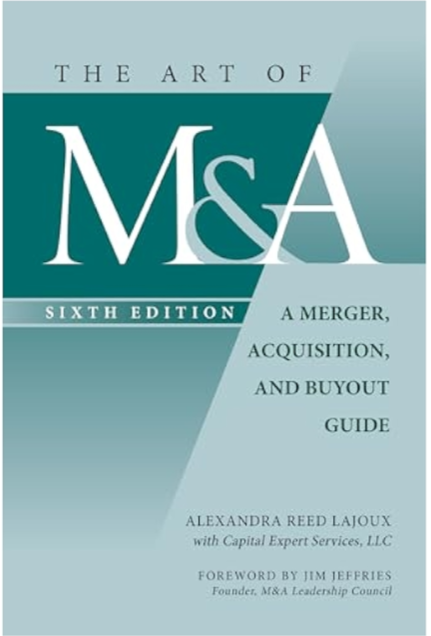
The Art of M&A: A Merger, Acquisition, and Buyout Guide (Alexandra Reed Lajoux)
Now in its sixth edition, this book covers the A to Z of M&As, making it a great resource for M&A lawyers and other professionals.
“Smart company leaders strive to maintain an accurate sense of their company's changing value and growth potential over time,” says Lajoux, the book's author and the founding principal of Capital Expert Services LLC.
“That way when problems or opportunities bring them to the deal table, they are ready to negotiate, neither undervaluing nor overvaluing their enterprise. Most broken M&A deals and dreams can be traced to inaccurate valuation.”
Aside from looking at valuation, this guide looks at the different phases of M&A, such as its due diligence, negotiation, and closing.
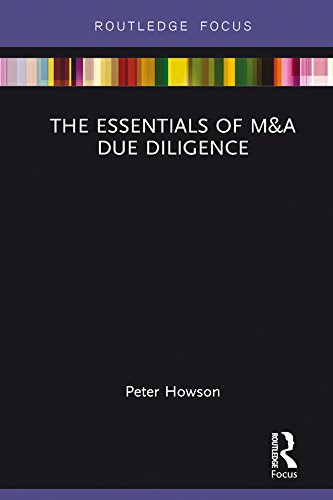
The Essentials of M&A Due Diligence (Peter Howson)
Admittedly, conducting a thorough M&A due diligence is crucial to determine whether the transaction is viable and will yield the results that both parties are looking forward to.
In this book, Howson gives tips on:
- how to check if the seller is as good as they claim to be
- how buyers can arm themselves during negotiations
- the different ways that a buyer can protect themselves against unexpected costs and obligations after the transaction
As such, this book is for anyone who wants to know the essentials of due diligence when it comes to M&A transactions.
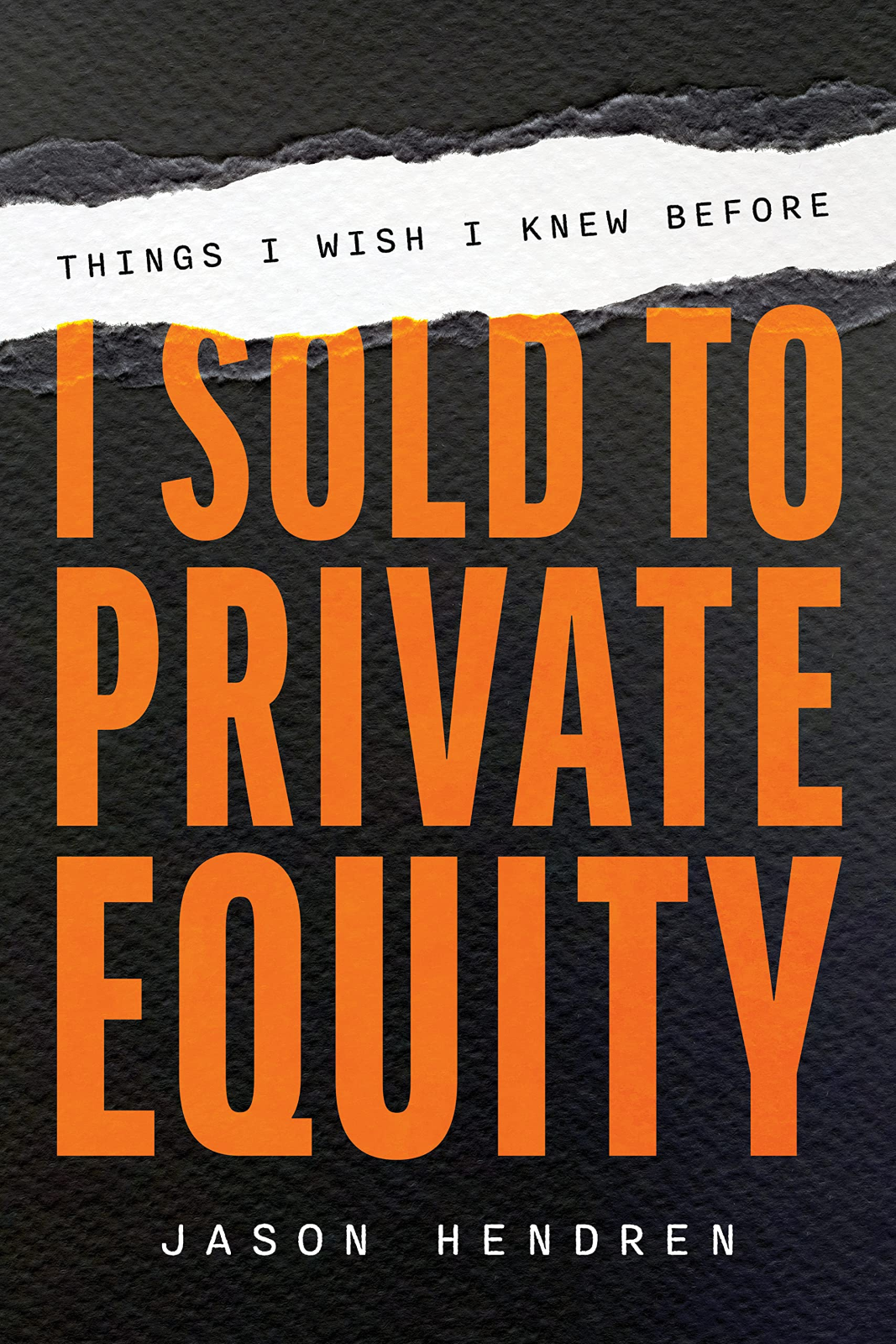
Things I Wish I Knew Before I Sold to Private Equity (Jason Hendren)
This book takes on a different outlook when it comes to discussing M&As. It explores how business owners should internalize whether to sell their business, and at what price.
With the personal experience of Hendren, this book helps other potential sellers, especially in the context of an M&A, with the financial aspect of letting their business go. More importantly, how much should they put as a selling price for their business.
The book also touches on how to find the right buyer, how a seller can align its employees and managers with its exit plan, what to expect during the diligence process, and a whole lot more.
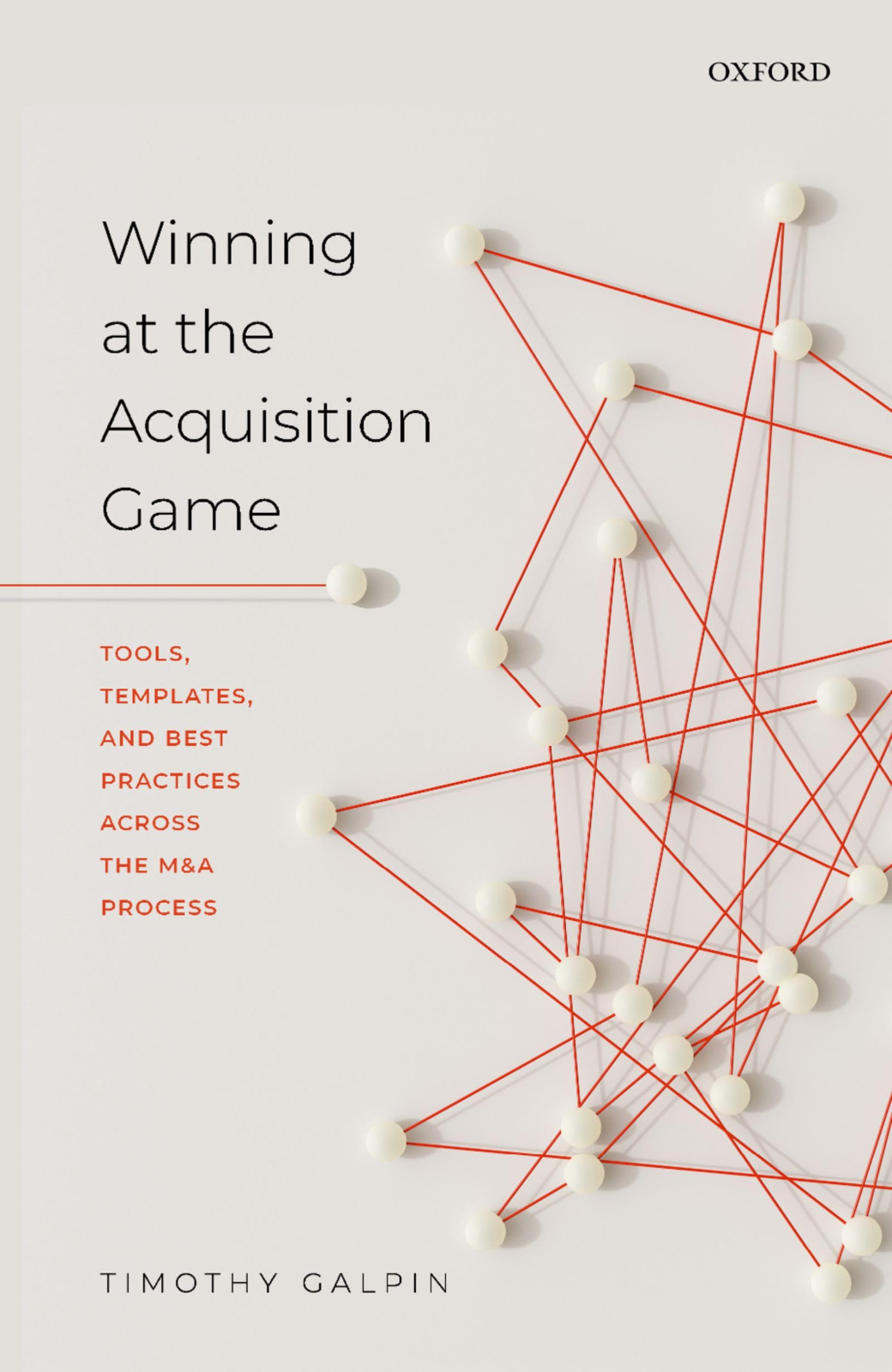
Winning at the Acquisition Game: Tools, Templates, and Best Practices Across the M&A Process (Timothy J. Galpin)
This book gives readers and M&A stakeholders some different viewpoints when looking at M&A as a process.
“There has been ample evidence demonstrating that mergers and acquisitions create significant post-deal performance issues for acquiring, 'buy-side' firms,” Galpin says. “While mergers and acquisitions are a multi-staged and cross-functional process, too often corporate leaders and their advisors view M&A as a financial exercise to expedite their growth strategy.”
Galpin, who is also a senior lecturer at the University of Oxford, emphasizes that focusing only on M&A as a financial transaction is too narrow of an approach.
“Instead, approaching transactions as an end-to-end process and mobilizing the diverse talents of the organization, integrating its capabilities across the entire M&A process, both pre- and post-deal, will provide an advantage for buy-side firms, enabling them to win at the acquisition game.”
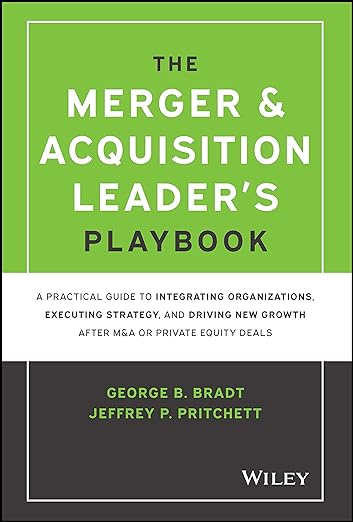
The Merger & Acquisition Leader's Playbook (George B. Bradt, Jeffrey P. Pritchett)
This book delves deeper the two common outcomes of M&A deals — why most M&As fail and what it takes to have a successful M&A transaction.
Here, private equity experts discuss the process of doing a merger that is driven by commercial success, rather than on cutting costs. This M&A book also addresses different strategies to ensure success, reduce risk of failure, realize corporate synergies, and other M&A tools, techniques, and tricks.
Here’s another M&A book, read on its preview audiobook form, that dumbs down (in a good way!) the complicated world of M&As for its listeners and readers:
Head over to our Special Edition on Finance and M&A for more resources about M&A transactions, including the Lexpert-ranked best M&A lawyers in the country.
Books about the laws applicable to M&As
The following books are perfect for lawyers and corporate executives who want to expand their knowledge of M&As. Most of these books are written by lawyers themselves, who can give you a fresh, different perspective when looking at M&A deals.

Canadian Competition Law and Policy (John S. Tyhurst)
A major law affecting M&As in Canada is the Competition Act and its regulations. As such, learning about this law is a must for parties in M&A transactions and the professionals in this practice.
“This book provides description of the merger review scheme found in the Competition Act, and the enforcement guidelines issued by the Competition Bureau,” Tyhurst says.
The book also discusses the evolution of the Canadian competition law and other related topics.
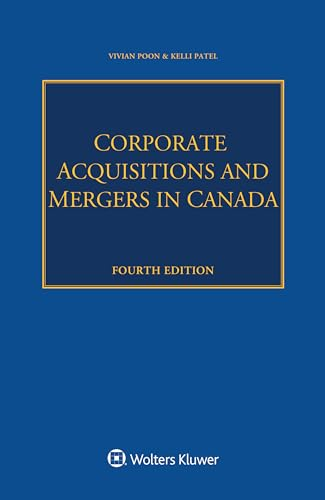
Corporate Acquisitions and Mergers in Canada (Vivian Poon, Kelli Patel)
Citing actual M&A deals, this book offers a clear explanation of each M&A step, from the perspectives of both the buyer and the seller. It also includes practical analysis of the current law and practice relating to M&As of public and private companies. This multi-perspective book can help you wherever side you’re on or whatever sector of M&A transactions you’re dealing with.
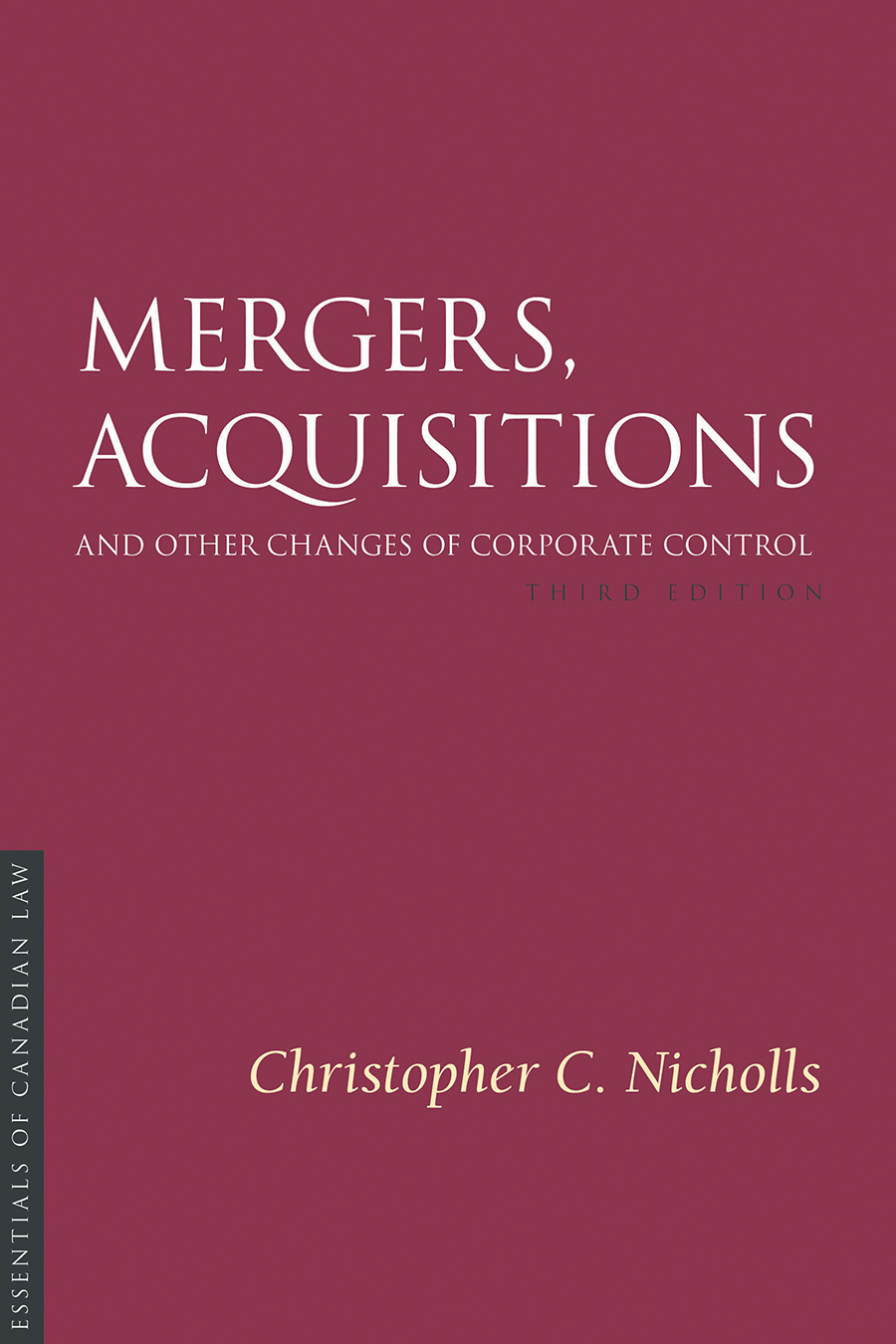
Mergers, Acquisitions and Other Changes of Corporate Control (Christopher C. Nicholls)
This book is a great illustration of the laws that govern M&As in Canada. These include corporate law, securities law, and other related legal principles and practice areas. In addition to discussions on M&A laws, the book digs deeper in the standard practices in M&As that have developed over time.
Its latest edition also includes developments on Canadian M&A laws and regulations, which will help keep you updated on the legal side of these deals.
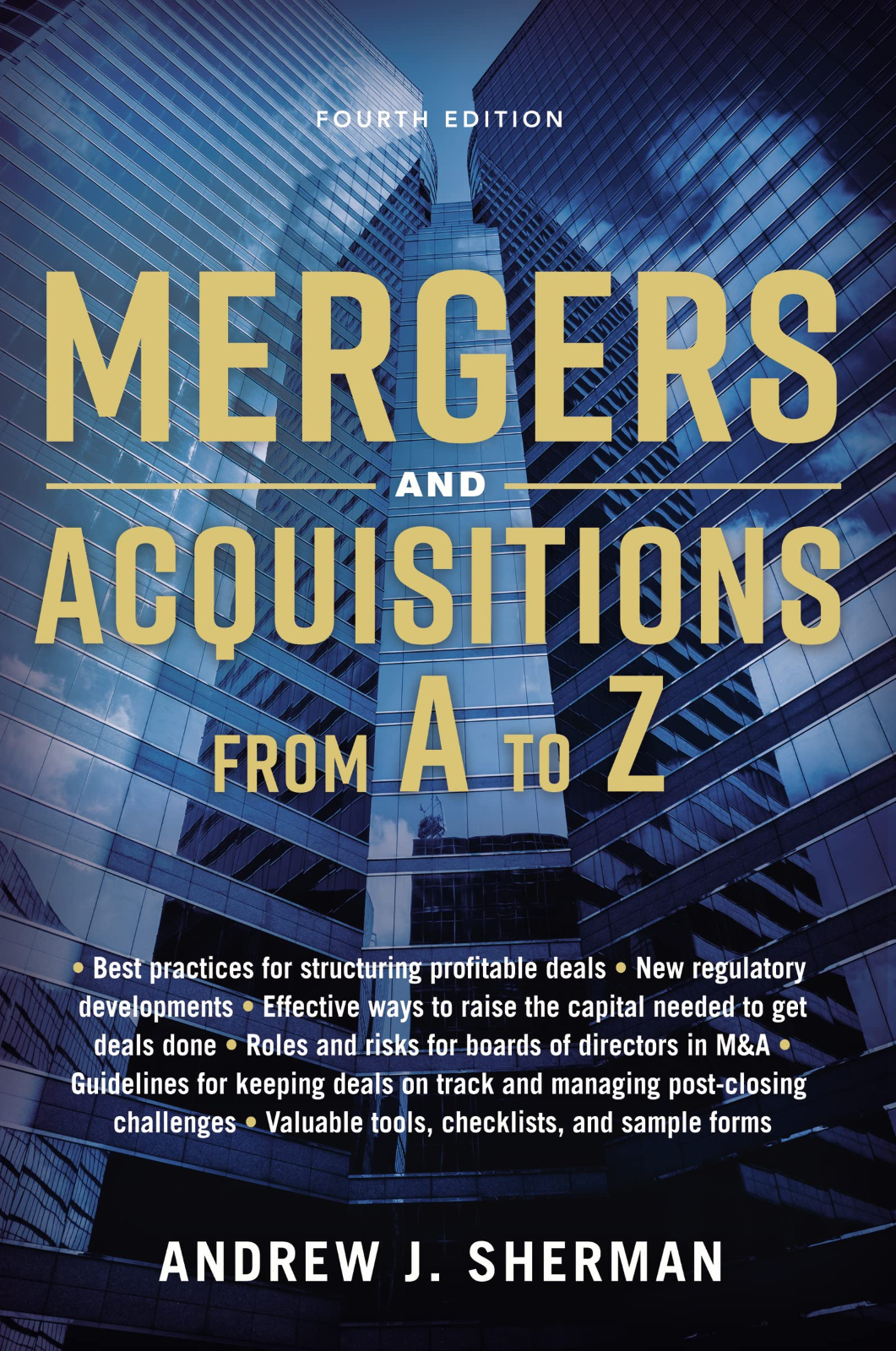
Mergers and Acquisitions from A to Z (Andrew J. Sherman)
This book is a good source on how an M&A process works and its necessary steps, such as starting from the due diligence, the valuation of subject business, the closing process, and up until the integration. It also includes expert advice, case studies, checklists, and sample documents which you can use for your own M&A transaction.
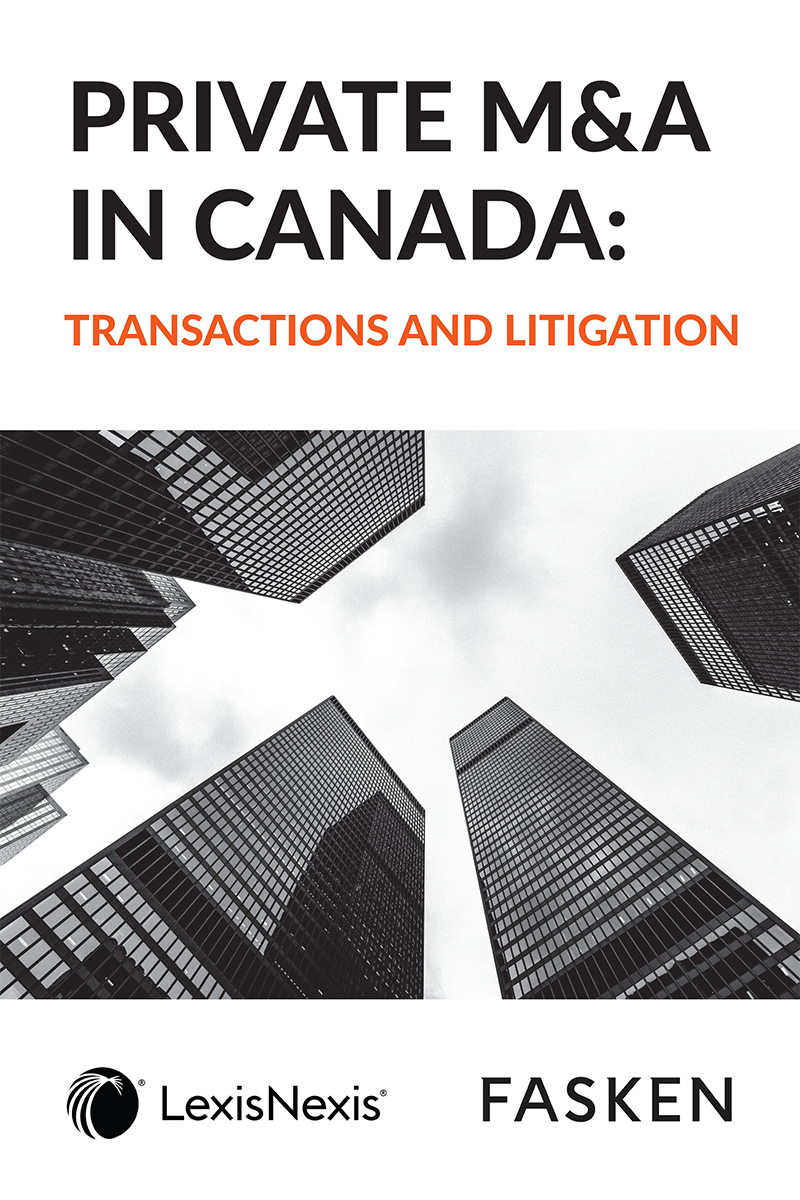
Private M&A in Canada: Transactions and Litigation (Fasken LLP)
Written by one of Canada’s leading law firms, this guide is a practice-oriented review of private M&A caselaw and contractual interpretation disputes. This book can be used both by transactional lawyers and litigators. It also discusses how a private M&A transaction unfolds, guiding readers of its elements from start to finish.
Books on the M&As’ financial aspect
As with any other business transaction, a key element of an M&A deal that can ensure its success is taking care of its financial aspect. For instance, one overlooked part is the valuation of the companies, since it greatly affects the transaction price.
Another financial aspect, although it involves all others, is due diligence. Some key people in the field of M&A have even segregated "financial due diligence," which just shows how important this aspect is.
For the most part, the financial aspect of M&As will guide the parties whether to eventually proceed with the transaction. This is why learning about this aspect, including through books about M&As, is of great help.
Most of these books, and others more, are used by institutions and organizations that issue mergers and acquisitions certification. They are usually added as part of their materials or as additional resources for their enrollees.
Here are some of the books about M&A that discusses the financial side of the deal:
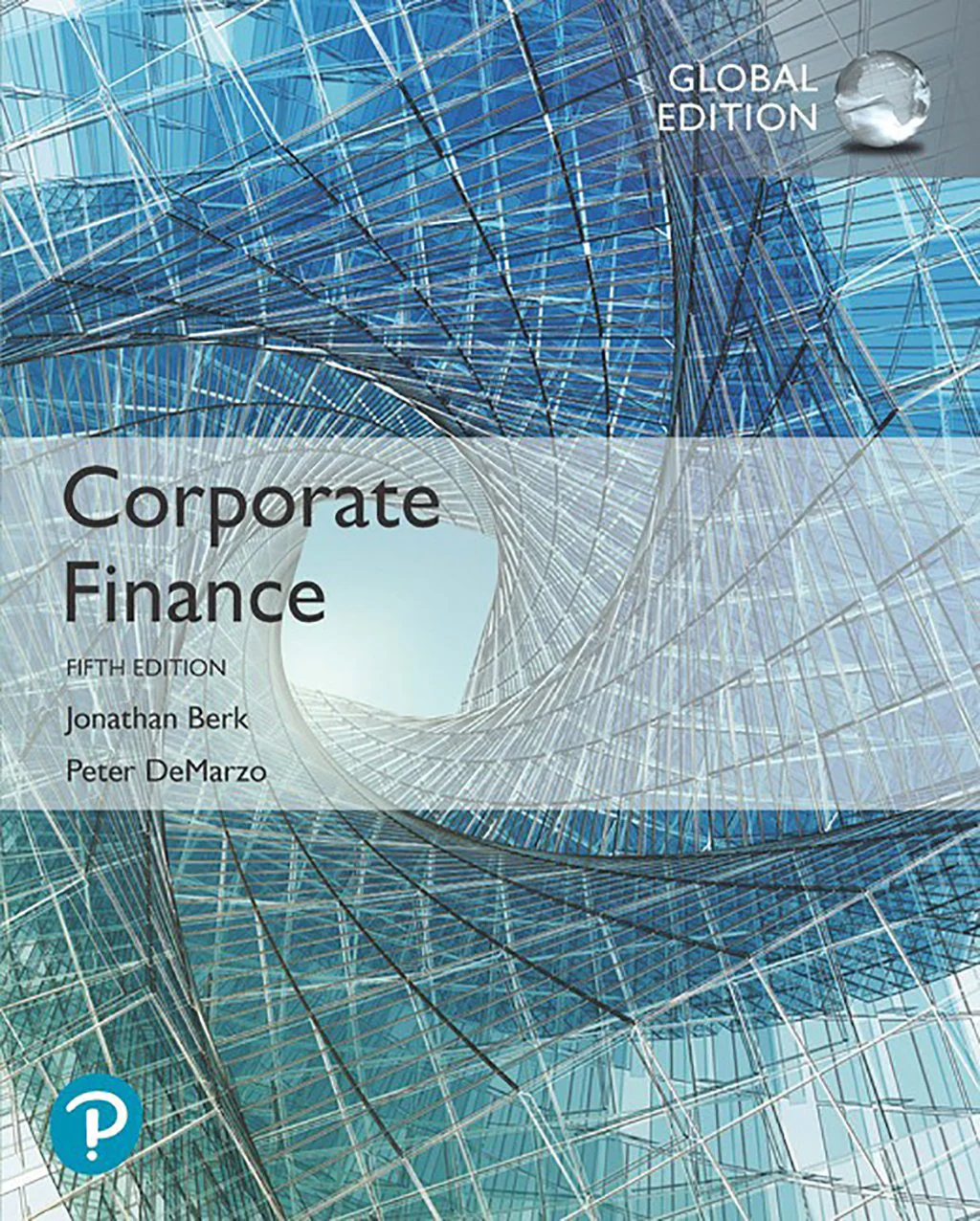
Corporate Finance (Jonathan Berk, Peter DeMarzo)
This book on its fifth edition uses a unifying valuation framework based on the concept of the absence of arbitrage or the Law of One Price, which are widely known theories in economics, to help financial managers or even those who are in the field of corporate finance.
Berk and DeMarzo start with discussions on corporations, then onto the roles of financial managers and outside investors in the corporation’s decision-making process. The book then highlights these economic theories to help the corporation determine the value of an investment opportunity, in relation to M&As.
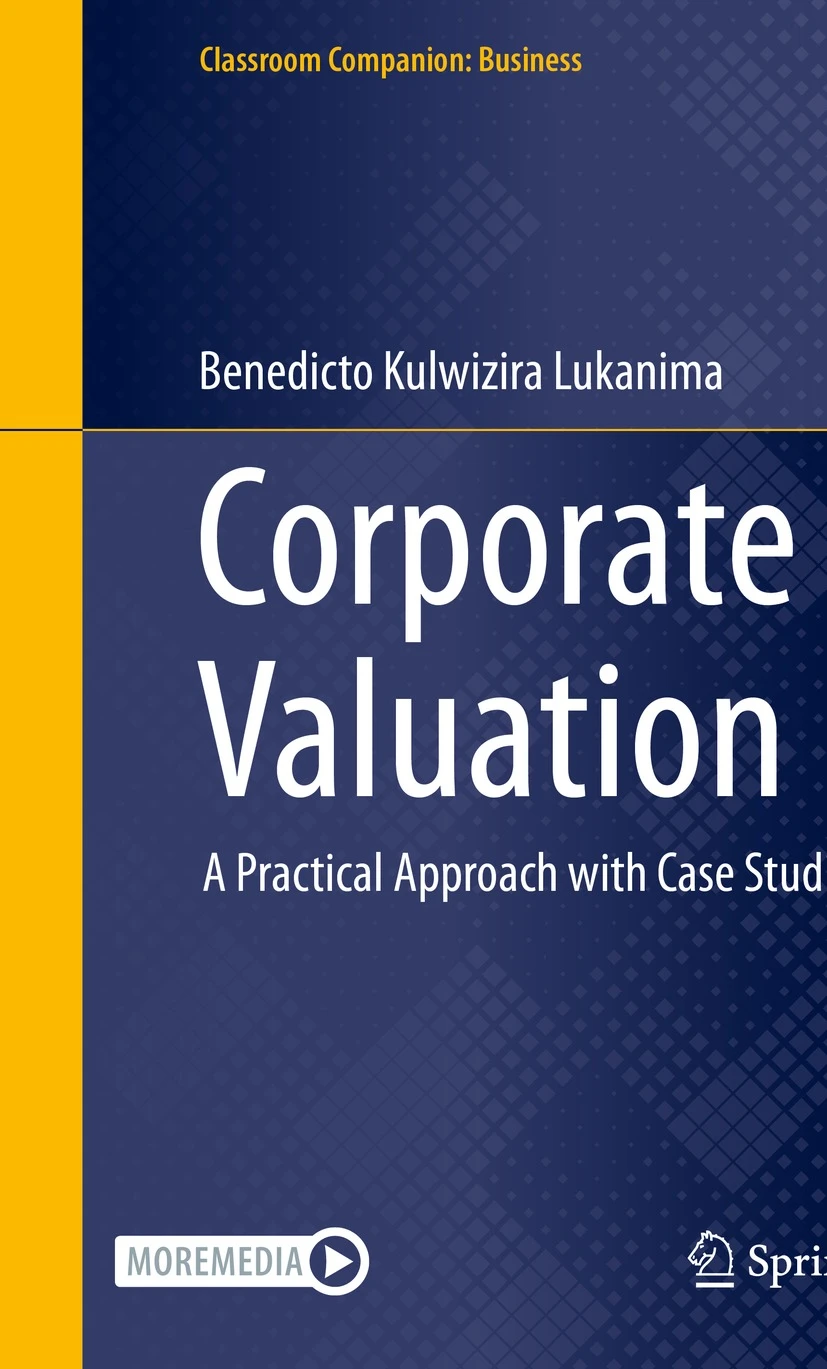
Corporate Valuation: A Practical Approach with Case Studies (Benedicto Kulwizira Lukanima)
If you want to know more about how valuation is done, which is an important part of M&As, then this book is for you. While this is written for students in corporate law and accounting, it still is a great starting point for M&A professionals who want to learn more about valuation in an easier way, but without compromising its discussions on corporate valuation’s complex nature.
The book points out the importance of financial information in doing corporate valuation. Then it drives on to the key concepts of value and valuation, the basic techniques for cash flow discounting, and the concept of valuation vis-à-vis its relationship with other corporate matters.
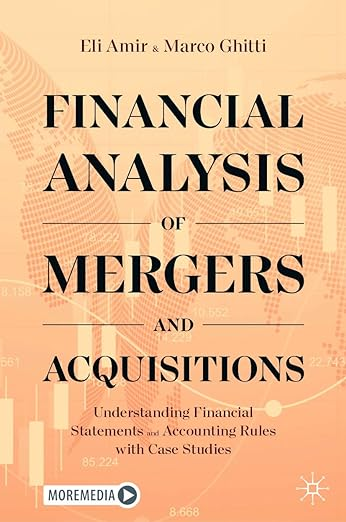
Financial Analysis of Mergers and Acquisitions (Eli Amir, Marco Ghitti)
Learning how to analyze information in M&A transactions, especially in the lens of accounting and financial analysis, is a skill for which this book is a great resource for. It highlights the link between a corporation’s underlying economic events and the information in its financial statements.
The book then establishes how this link matters in assessing its corporate performance, which is significant in M&A valuation. In sum, the book is divided into two parts: first, it discusses the accounting rules used in M&A transactions; second, it provides examples of real-life M&A cases.
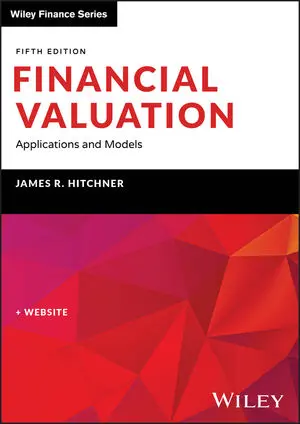
Financial Valuation: Applications and Models (James R. Hitchner)
Another great book which reviews financial valuation for a successful M&A transaction, this one is made for professionals who want to understand more about business valuations.
For this, Hitchner’s book raises the different applications and models when it comes to business valuation, including methods for the valuation of different corporate entities, and discussions on valuation theory. It also has a companion website where readers can access appendix materials and perspectives of other valuation professionals.
Want more recommendations on the best mergers and acquisitions books? Reach out to the lawyers in the Lexpert-ranked best law firms in Canada for mergers and acquisitions.





